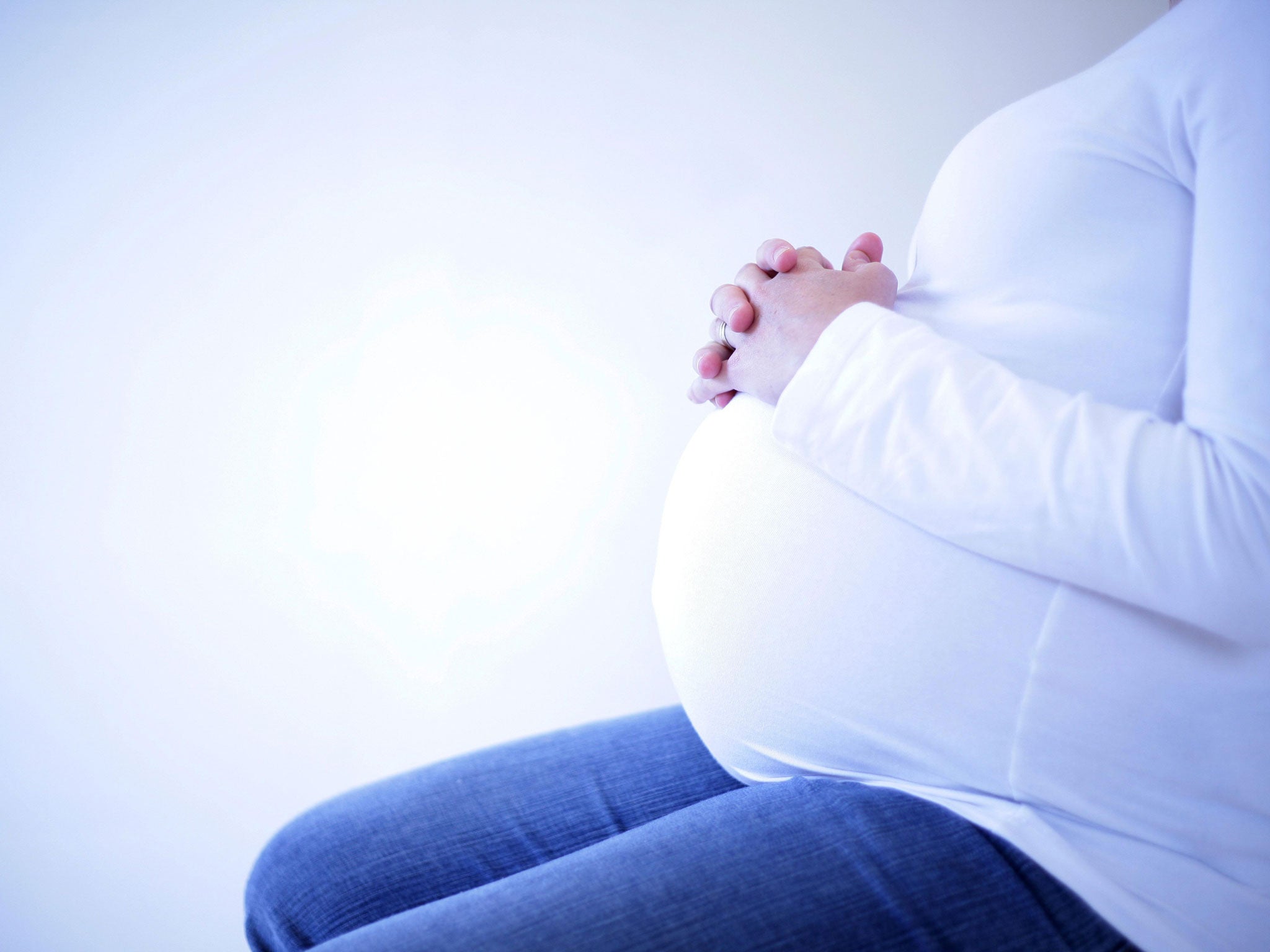Mothers at risk of premature birth could be identified as soon as 10 weeks into pregnancy, study finds
Findings mean that inflammation can be treated early to protect mothers and babies

Your support helps us to tell the story
From reproductive rights to climate change to Big Tech, The Independent is on the ground when the story is developing. Whether it's investigating the financials of Elon Musk's pro-Trump PAC or producing our latest documentary, 'The A Word', which shines a light on the American women fighting for reproductive rights, we know how important it is to parse out the facts from the messaging.
At such a critical moment in US history, we need reporters on the ground. Your donation allows us to keep sending journalists to speak to both sides of the story.
The Independent is trusted by Americans across the entire political spectrum. And unlike many other quality news outlets, we choose not to lock Americans out of our reporting and analysis with paywalls. We believe quality journalism should be available to everyone, paid for by those who can afford it.
Your support makes all the difference.Mothers at risk of giving birth prematurely could be identified as early as 10 weeks into their pregnancy by looking for specific bacteria and chemicals in the vagina, according to a new study.
Scientists at King’s College London, funded by the charity Tommy’s, found that specific bacteria in a pregnant woman’s cervicovaginal fluid can act as a warning sign for premature birth, meaning inflammation can be found and treated early to protect mothers and babies.
Around 60,000 babies are born prematurely in the UK each year, leaving them vulnerable to lifelong health problems. It is a leading cause of death among newborns.
The reasons for preterm labour are still not fully understood by scientists, and some 40 per cent of those births in the UK are classified as “unknown causes”.
During their research, the team at King’s College London looked at data from four British hospitals on 346 mothers, 60 of whom gave birth prematurely – defined as a birth that takes place before the 37th week of pregnancy.
Researchers analysed cervicovaginal samples taken at 10-15 weeks after conception, and again at 16-23 weeks, then grouped women by their typical communities of bacteria and biochemicals.
They checked this against cervical length measurements – the current standard NHS assessment for premature birth risk – and then looked at who gave birth early.
For the first time, a specific bacterium (Lactobacillus acidophilus) was found to limit the risk of early premature birth, which researchers hope could lead to new preventative therapies.
Meanwhile, a combination of metabolites (glucose, aspartate and calcium) and bacteria (Lactobacillus crispatus and acidophilus) was linked to birth at or before 34 weeks. The researchers found that seven different metabolites – leucine, tyrosine, aspartate, lactate, betaine, acetate and calcium – were associated with birth at or before 37 weeks.
Crucially, the links were equally significant when mothers were tested during the first and second trimester. This means that those at risk could be accurately identified much earlier in pregnancy than current tests allow. As a result they could benefit from medical treatments that aren’t possible in late pregnancy.
The study is be published today in the Journal of Clinical Investigation, a monthly peer-reviewed medical journal covering biomedical research.
Study author Andrew Shennan OBE, who is Professor of obstetrics at King’s College London, explained: “Premature birth is very hard to predict, so doctors have to err on the side of caution and mothers deemed to be at risk often don’t actually have their babies early, putting undue strain on everyone involved.
“My team has developed preterm birth prediction tools that are very accurate later in pregnancy, like fetal fibronectin tests – but at that stage, you can only manage the risks, not stop it from happening. The sooner we can find out who’s at risk, the more we can do to keep mothers and babies safe.”
Lead academic Rachel Tribe, Professor of maternal and perinatal sciences at King’s College London, added: “With so many factors in play, it’s unlikely that testing for the same single bacteria species will predict preterm birth in every mother, but we now have a panel of bacteria and metabolites that could be useful.”
Tommy’s chief executive Jane Brewin commented: “With 60,000 babies born prematurely each year in the UK, there’s a real and urgent need for better ways to predict and prevent preterm birth.
“This new study has not only uncovered warning signs that could be used to develop new tests, but also a possible treatment which could make pregnancy safer for the most vulnerable, so this new avenue of research has really exciting potential for clinical practice.”
The study was jointly funded by charities Tommy’s and the Rosetrees Trust, as well as the National Institute for Health Research (NIHR).
Join our commenting forum
Join thought-provoking conversations, follow other Independent readers and see their replies
Comments